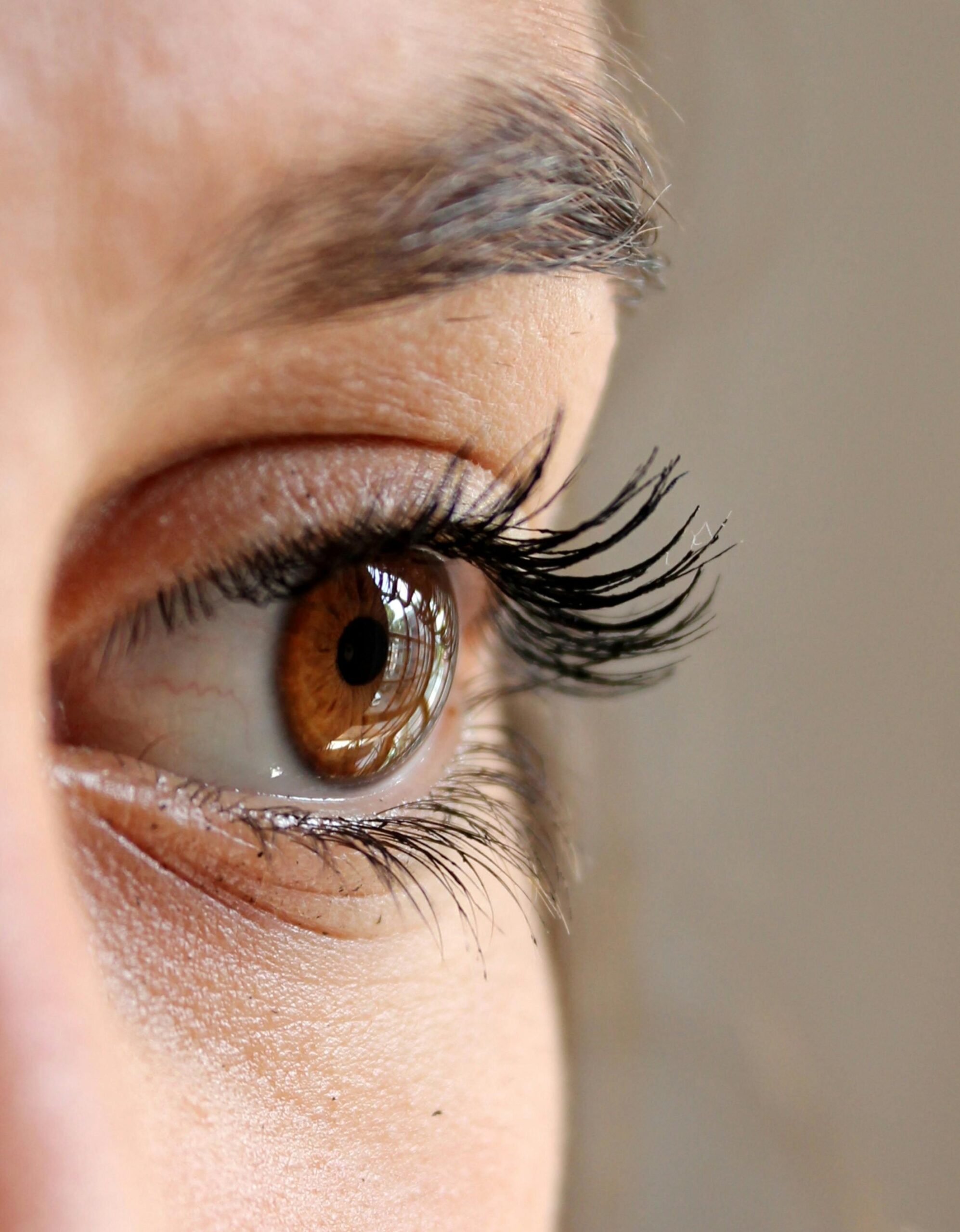Vision Solutions for Home and Office Work

Your eyes need just as much care when you’re working or studying, as they do when you’re out and about, in the sun, or anywhere else away from your desk/devices.
Since the events of 2020, our working and schooling culture has shifted. Where office work would naturally allow our eyes various breaks throughout the day through in-person meetings, peer-to-peer discussions, team lunches and even the regular watercooler (or coffee machine) banter, many workplaces are now offering either full-time work-from-home options or a hybrid work week, shifting those meetings and peer interactions online.
Education has seen the same shift, with universities now consistently recording their lectures so they’re available to be viewed and studied remotely at any time, as opposed to attending in-person interactive lectures with classmates. While these shifts have met a much-needed demand for flexibility, they have also greatly amplified another demand – the strain on our eyes.
With nearly one third of Australians staring at a screen for over 7 hours, and adolescent screen-time use up at an all-time high of over 10 hours per day for 90% of Australian kids, we’re asking much more of our eyes than we ever have before – and though we may not notice it instantly, it may be coming at a notable cost to our eye health.
Blue Light Glasses For Computers
Blue light is the most dominant light emitted from our device screens and it has the closest frequency to harmful UV rays. It has a short wavelength, which means it’s very easy for it to pass through our eyes, through the cornea and lens, and potentially damage the light-sensitive cells in our retina.
Specially designed blue light glasses can help protect your eyes from blue light rays by reducing the amount of blue light that enters the eyes. This can help reduce eye strain, promote eye health as well as more comfortable and relaxed vision, and even better contrast perception when using everyday digital devices.
Blue Light Lenses For Glasses
When selecting the perfect pair of glasses from The Optical Co, you have the option of applying a blue light coating to the lenses you select, giving your glasses that extra layer of protection.
Additionally, when purchasing Blue Comfort lens coating, the Crystal Clear Plus superior anti reflective coating is included for added clarity.
Tips To Reduce Eye Strain When Working Or Studying
- Alter the brightness on your device either up or down to reduce strain as needed
- Take an eye-health break every 45 minutes for at least 2 minutes, or look into the distance or close your eyes for 20 seconds every 20 minutes.
- Keep your screen positioned at least 60 centimetres away from your eyes at your desk
- Place any reference or reading material at the same distance as your screen so your eyes don’t have to continuously readjust
- Lighting must be adequate
All reading material and near tasks should be no closer than 40 cms from the eyes, this includes children’s activities, and work should be equidistant to both eyes.
Discourage teenagers from watching movies on their laptop after studying all day. Watching TV at a greater distance is preferable.
Children’s screen time should be limited, keep sessions to no more than 30 minutes. Ensure the screen is 40 cms from the eyes at all times.
Eye strain affects concentration, learning and productivity at all ages. An eye exam may reveal the need for specific occupational lenses designed to meet individual needs and working distances.
Outside of these recommendations, the best thing you can do for your eyes is give them rest.
Put the screen down, turn off the television and relax. Let one of your other senses take the lead – listen to some music or balance screen time with reading that book you’ve had on the shelf for a while.
76% of Australians consider eyesight their most important sense – incorporating these small changes daily to support your eye health will help your eyes be able to best support you throughout your lifetime.

